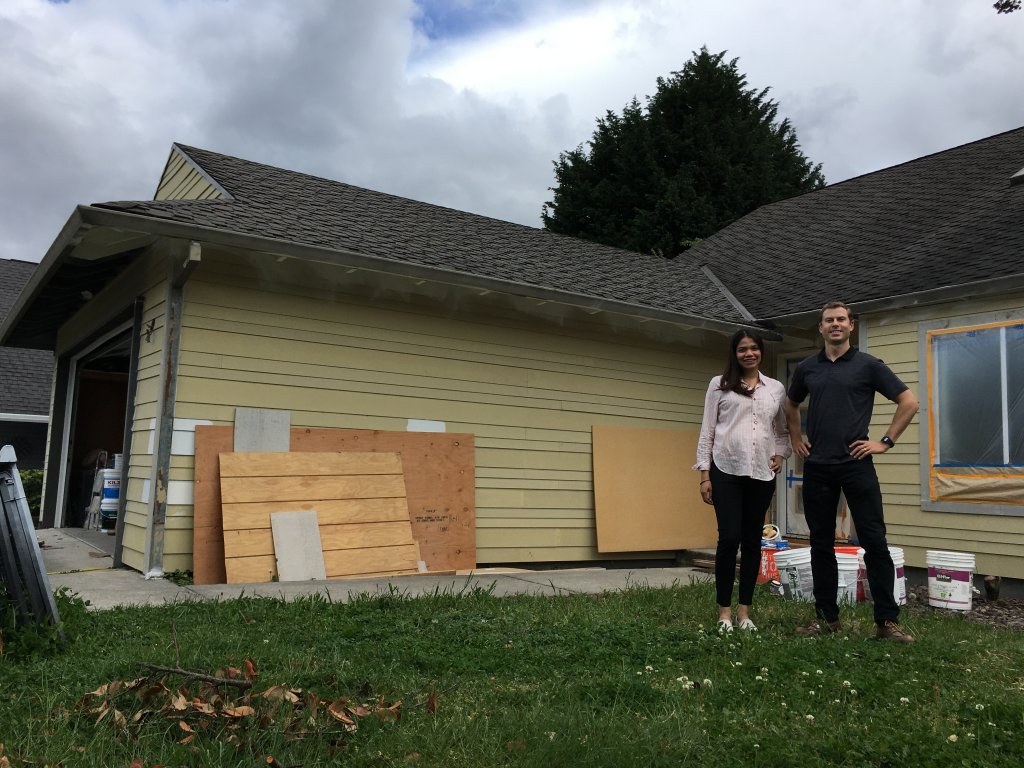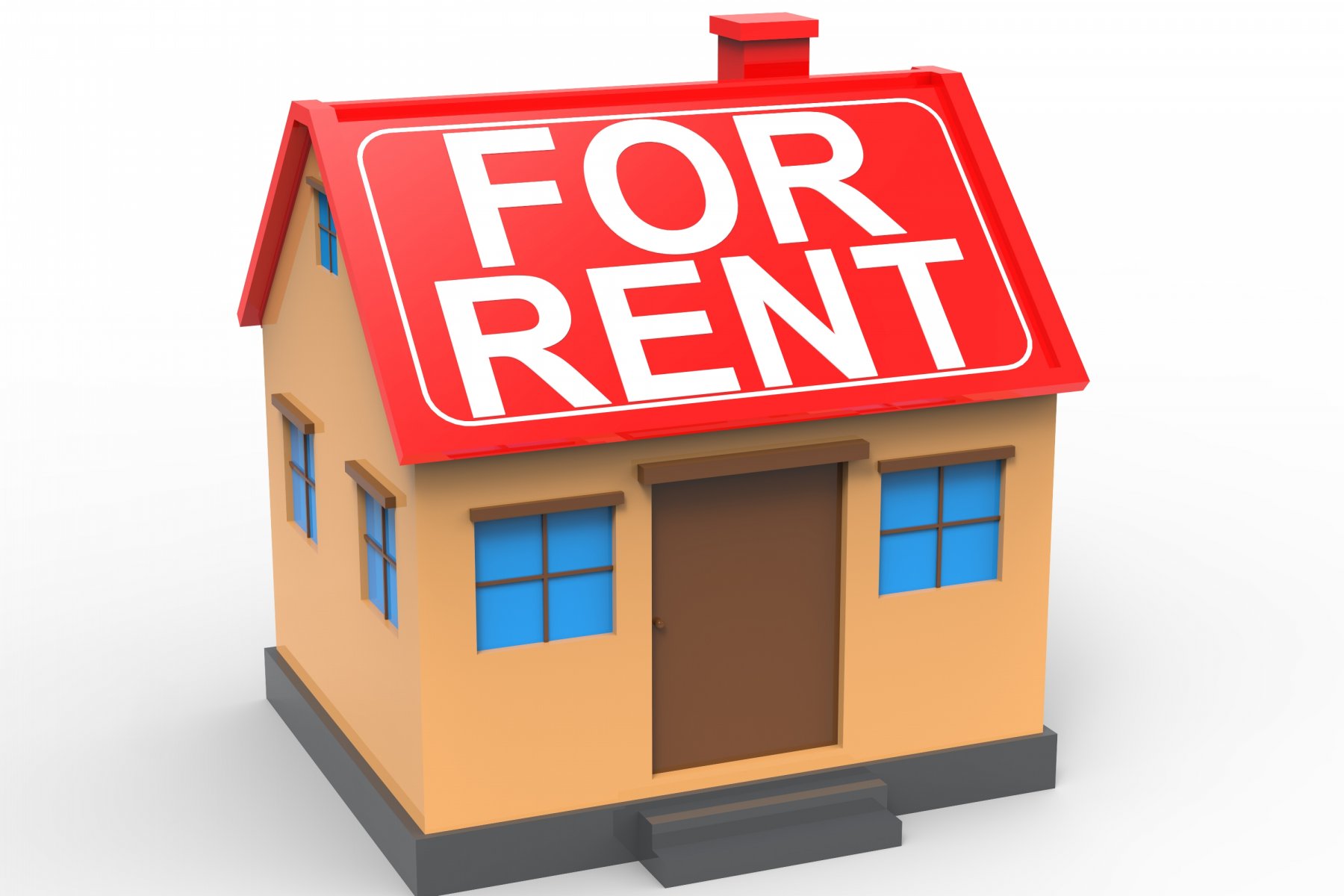I’m a tired landlord, many people said. If you want a solution, It requires you to be prepared for endless legal battles. On one side, an eviction process would make people homeless, but on the other side, you need to end a problem that is causing stress, physical problems, and, consequently, losing money.
Owning a rental property is a great way to generate income. In the United States, investing in rental property is the first step to walking the road to an abundant and successful life. However, that “dream” has become an absolute nightmare for many landlords. The pandemic Was a terrible experience for’ landlords who faced a lack of income have lauded expressed, “I’m tired of being a landlord.
Initially, investing in real estate and becoming a landlord felt like an excellent business opportunity. The truth is the pandemic has now changed everything.

Every Investment Carries Risks
As with any investment in an asset, you can overpay. Investors in housing during the mid-2000s found this out to their immense cost, for example.
However, with ever-low interest rates and a decreasing housing supply, housing prices were still able to surge in 2020 and 2021, all despite the economy’s struggles with the dreaded pandemic.
Furthermore, if you tell yourself I’m a tired landlord and need to access cash quickly, the lack of liquidity with a rental property might be a problem.
Rental properties need regular maintenance to keep your tenants happy and paying their rent, and you may have to come up with serious cash for unplanned expenses.
Inflation continues to rise in the U.S., dramatically affecting the cost of repairs and replacements.
Lastly, if you’re still paying the mortgage on the property you’re renting out, you constantly run the risk of it sitting empty.
If You Have Capital to Invest, You Have Easier Options
If you have money to invest right now, check out all your options – from high-yield savings accounts to short-term corporate bond funds, Fortune 500 stocks to government bonds, and the rest.
If you still believe that real estate is still the way to go, but you could do without all the hassle of being a property landlord yourself, check out real estate investment trusts (REITs).
REITs allow you to buy shares of a real estate portfolio with properties located across the country. Furthermore, they’re publicly traded and have the potential for high dividends and long-term gains.

Already a Property Landlord?
However, if you’re already a property landlord, and you are really sick and tired of the non-paying tenants, the endless repairs, and abiding by every legal regulation the state can throw at you, you’re probably already looking for a way out… By the way, you’re not alone.
Landlord-Tenant Laws in the U.S.
Like any landlord in the U.S., you’ll need to know, understand and comply with the complete range of federal regulations which form the U.S. Landlord-Tenant Law.
On top of that, you’ll also need to be equally aware of what additional or other regulations apply in the U.S. state where your property is located.
All the relevant laws relating to rental housing are there to protect both the landlord and the tenant.
For the landlord, full compliance is crucial. Pleading ignorance of the law is not considered a reasonable excuse. In the case of state laws, you can be sued for not obeying all of the regulations, even if you were completely unaware of their existence.
The law should be interpreted as being a dual purpose:
- For landlords (or rental property owners) who want to run a profitable business and protect their investment – the actual property, and
- For the tenants who want to live peacefully and have their rights protected
Federal Landlord-Tenant Laws
The primary federal laws that apply to all landlords and property managers are:
- The Fair Housing Act prohibits any discrimination due to race, color, national origin, religion, sex, familial status, or disability, including how property is advertised, so preventing landlords from marketing their properties to specific groups of people.
- The Fair Credit Reporting Act regulates how a landlord uses a tenant’s credit history for screening purposes. In summary, a landlord must get an applicant’s full permission to run a credit report, state the credit reporting agency used, and inform the applicant if this credit information was the basis for any denial.
State Landlord-Tenant Laws
Most of each U.S. state’s laws regarding rental properties and tenant rights regulate the actual practicalities of renting. They include matters such as:
- The rights and responsibilities of both tenants and landlords
- What terms and conditions can form part of a lease
- Guidelines for terminating a lease
- How evictions must be handled
- How much can a landlord charge for security deposits
- How can those funds legally be handled, and
- How landlords must use trust accounts for rental income
The Most Common Landlord Mistakes
To provide a chapter and verse for you on all the possible laws for landlords and tenants in the U.S. and in specific states would be somewhat pointless.
Instead, let’s look at the most important regulations of the law – which, unsurprisingly, also happen to be the most common mistakes made by inexperienced (and even experienced) landlords.
One of these may well be the exact reason you want to take your investment right out of the property rental scene as soon as possible and instead put it somewhere that gives you a more leisurely, less complicated regular profit.
So here are the most critical pieces of legislation for landlords (and the most common mistakes they make…):
- Discrimination: Fair Housing laws require strict adherence to regulations on the way landlords advertise their property, screen new tenants or set apartment rules. Many landlords find themselves in big legal trouble by discriminating because they are not applying these rules.
- Lease Documents: It is the landlord’s responsibility to ensure the rental contract is legally written and abides by all the relevant laws. Failure to do this or stick to the contract usually means another trip to the courthouse.
- Required Disclosures: Before the tenant even moves in, many states require landlords to inform tenants of important state laws, individual policies, or facts about the rental property, either in the contract or by separate letter. Examples include mold, a notice of sex offenders, recent deaths, lead-based paint disclosure, meth contamination, or other potential health or safety hazards.
- Safe Living Environments: Landlords are legally responsible for ensuring the property is in a safe, habitable condition – with no serious deficiencies, and any supplied appliances, fixtures, plumbing, and heating must be in good working order. Landlords are also responsible for removing pest infestations.
- Repairs: Tenants normally have the responsibility of reporting any repairs that need to be done, as outlined in the lease agreement. Landlords’ responsibilities include responding and completing repairs promptly. A tenant can be within their rights to withhold rent money if a landlord fails to make a repair that affects the health or safety of a tenant, e.g., a broken boiler during winter.
- Security Deposits: Most lease agreements require a tenant to pay a security deposit to cover damage caused by the tenant or if a tenant does not pay rent. Upon completion of the lease’s term, the landlord must provide an itemized list of any deductions and pay the deposit’s balance back to the tenant.
- Tenant’s Right to Privacy: Most landlord-tenant laws protect a tenant’s right to “quiet enjoyment” – the benefit of living in a home without being disturbed. Once a tenant has possession of a property, the landlord cannot interfere with this right. The landlord must only enter the rental unit with proper notice – usually 24-48 hours, except in emergencies.
- Tenant’s Abandoned Possessions: When a tenant leaves personal items behind after vacating the property, the landlord must treat it as “abandoned property.” The landlord must notify the tenant of how to claim the property, the cost for storage, where to claim the property, and how long the tenant has to claim the items.
- Criminal Activity: If any criminal activity occurs in a rental property and the landlord knows this, they must report it to authorities. Additionally, a landlord is responsible for protecting the rental property’s neighborhood from his tenants’ criminal acts. Failure to do this means they could be held liable or face legal punishments.
- Safety Features: It is the landlord’s duty to protect the tenants, up to a point; for example, the use of fire and carbon monoxide detectors, fire extinguishers, front door peepholes, deadbolt locks on exterior doors, and window locks.
Here’s a bonus for you:
- Evictions: Every U.S. state has laws that regulate the eviction process. A landlord can legally evict a tenant for:
- Nonpayment of rent
- Failure to vacate the premises after a lease agreement has expired
- Violating the terms of the rental contract, or
- Damaging the property that results in a substantial decrease in its value
Note: If the landlord attempts to remove the tenant without a court order, the tenant may recover damages for the landlord’s actions – another common mistake for U.S. landlords.
Lastly, many landlords have also been caught out by miscellaneous legal changes to these laws, so it’s vital the regulations and a landlord’s compliance are reviewed regularly.
For many new landlords in the U.S., all of the above points (and more) often cause them to think again and make their investment elsewhere.
However, there is an answer for those who feel trapped in the rental property business.

We provide win-win solutions to help homeowners get out of their sticky situations… like the threat of foreclosure, being fed up with being a landlord, owning a burdensome property, probate, or anything else.
At Better Off Home Buyers, we focus on providing you with a solution to your situation – so you can continue to do the things you love.

How Can I Free Myself & My Rental Investment?
If you are a landlord, you know that it can be difficult and often thankless. Managing finances and dealing with tenants, contractors, and tax payments can be challenging enough. Still, the stress can be overwhelming when things go wrong – like tenants trashing your property, or you have to endure long periods of vacancy.
Fortunately, there is a viable alternative: selling your rental property.
If you are tired of being a landlord and want to sell your house quickly, we can help. We buy houses in any condition, so whether your property is currently occupied, we will make you an offer.

Selling a Property with Problem Tenants?
Are you one of the many landlords tired of dealing with problem tenants? Are you losing money on your property because of tenant damage or non-payment of rent?
If so, it may be time to consider evicting your tenants.
Landlord-tenant law is complex, and it can be difficult to evict a tenant without legal help. That’s where we come in.
We can help you understand your rights and guide you through eviction.
We can also represent you in court if necessary.
Don’t let your rental property become a money pit – contact us today for more information about evicting troublesome tenants.
At Better Off Home Buyers, we help those who need to sell their rented properties free from issues and continue looking for tranquility in other businesses.

Selling Your Rental House to Better Off Home Buyers
In a matter of days, you can have your house sold and have cash in your hands with the assistance of Better Off Home Buyers.
Dealing with nightmare tenants and all property expenses, legal fees, tax payments, and other anomalies caused by a rental property has soured the landlord profession.
Many people in the same situation have contacted us by phone or email at our offices – inquiring about how we can help them.
They want to end the inconveniences, problems, and disruptions caused by their rental property. On more than one occasion, we were even told that the family unit had ended in divorce because of all the stress and strain.
The world is currently dealing with the coronavirus pandemic, and many people have lost jobs, their savings, and even their lives. Landlords and tenants across the U.S. are uncertain about what the future holds for them.
At Better Off Home Buyers, we have faith that we will soon be able to control, if not eradicate, the pandemic fully. We believe everything will return to normal eventually – here in Oregon, our home state, the rest of the U.S., and the world.
How We’ve Helped Many Tired, Stressed & Utterly Fed Up Landlords…
At Better Off Home Buyers, we will buy your house as-is – with tenants or without, regardless of any repairs it may need and any damage that may be present.
Our purchase process is simple and fast and completely conducted within the framework of U.S. law.
- Contact us either by filling out the form on this page or by calling us. We can then make an appointment to see your property in person.
- After visiting the property, based on our purchasing criteria, we will present a written offer.
- After you accept our offer, we will initiate the documentation that the home purchase requires.
- Remember, you will get immediate cash for the value of your property.
Contact us today – we can help you free yourself and free your equity in cash!
